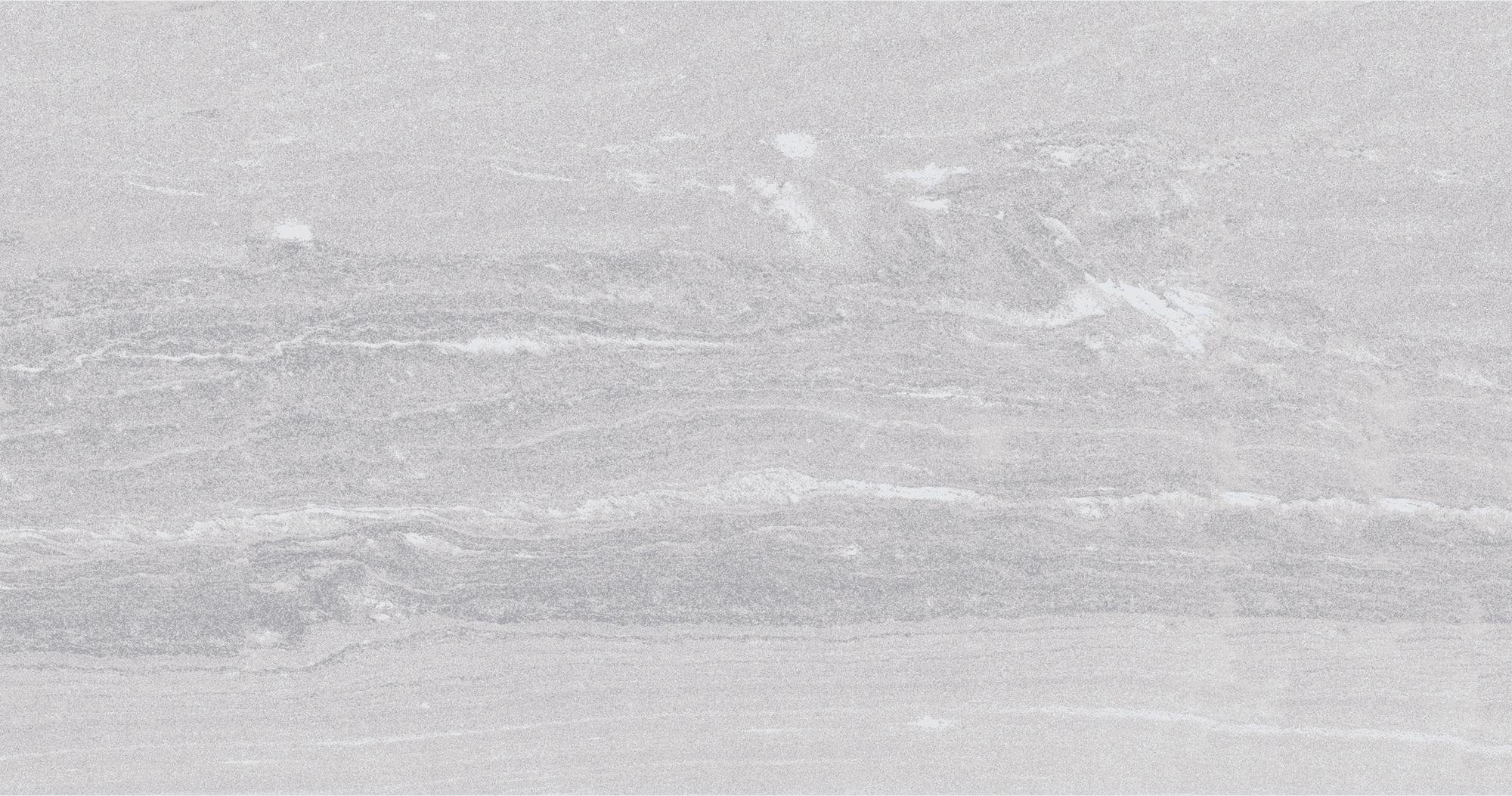
Care and Maintenance Guide
Marble Bench Top
Congratulations on your choice of a marble bench top for your kitchen surface.
Below you will find some care and maintenance information to help keep your new marble bench top in great condition for years to come
Looking After Your Marble Bench Top
Understanding Marble
Marble is a naturally occurring stone that forms deep within the earth over millions of years through intense heat and pressure. It’s made primarily of calcite or dolomite and is quarried in large blocks before being sliced into slabs using diamond-tipped tools. These slabs are then polished or honed to create the beautiful surfaces used in kitchens and bathrooms today.
Cleaning Tips
To keep your marble surface looking its best, clean it regularly using warm water and a gentle dish soap. A soft cloth or non-abrasive sponge works best. Avoid using dishwater or dirty sponges, as they may leave behind grime or film. While most spray-and-wipe products are safe, steer clear of anything harsh or abrasive—products like Jif or rough scouring pads can damage the finish by scratching or dulling the surface. Even with sealing, marble is sensitive to acidic substances like citrus juice or sparkling wine. Spills should be wiped up immediately to prevent etching or staining.
Routine Maintenance
Because marble is porous, it can absorb liquids and become stained if left unprotected. Your benchtop has already been sealed to help prevent this, but over time, reapplication will be necessary. Depending on usage and the specific type of marble, resealing may be needed every 6 months to 3 years. If you notice water leaving dark patches that fade as they dry, it’s likely time to reseal. Applying sealer is straightforward: wipe it on evenly with a cloth, let it soak in, then buff off the excess. Regular sealing not only protects the stone but also helps maintain a hygienic surface.
Handling Heat
While marble can tolerate short bursts of heat, it’s best to avoid putting hot pots or pans straight onto the surface. Sudden temperature changes can lead to thermal shock, which may result in cracks or discoloration. Always use a wooden board or heat mat to be safe.
Preventing Chips and Damage
Compared to granite, marble is more delicate and can chip or crack more easily. Be cautious with heavy or hard objects near edges and corners. The benchtop isn’t designed to support significant weight—so avoid standing or sitting on it. With a little care, your marble benchtop will stay stunning for years to come.
